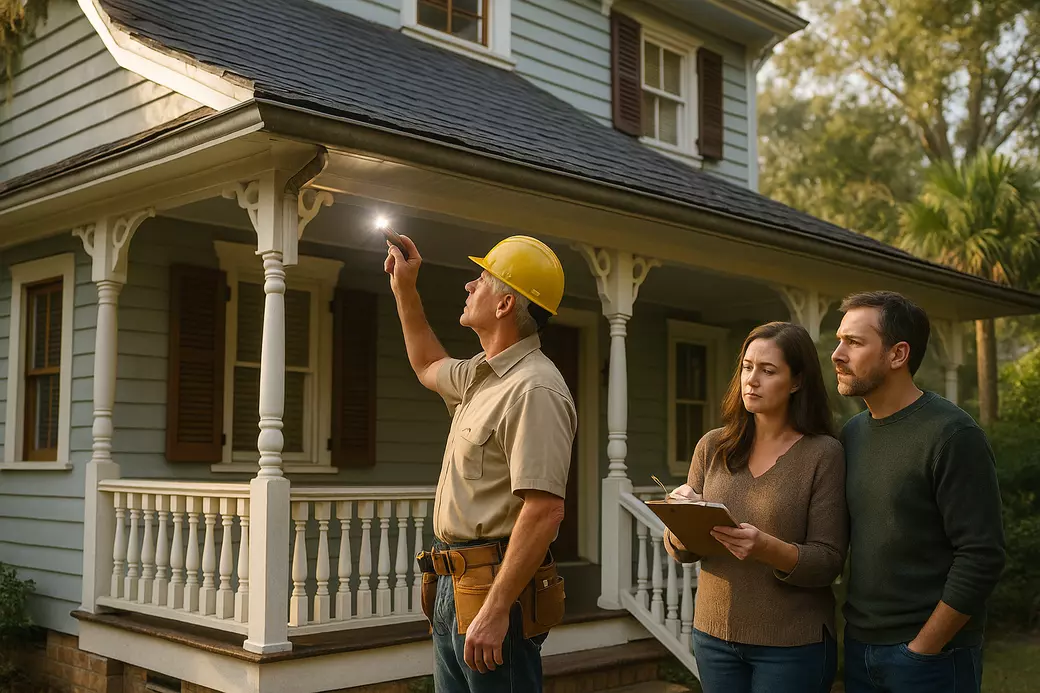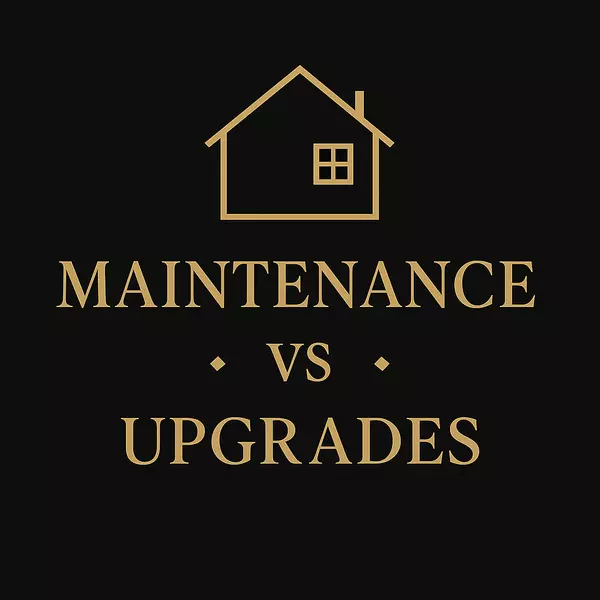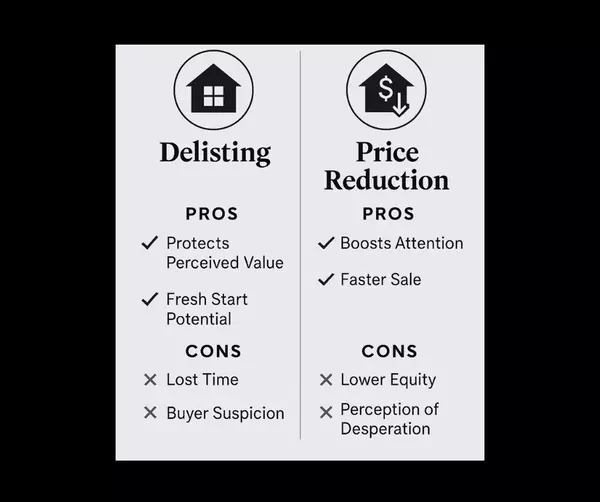Home Inspection Series: How Home Inspections Work and Why They’re Important

How Home Inspections Work and Why They’re Important
Buying a home is one of the biggest investments you’ll ever make, and just like you wouldn’t buy a car without kicking the tires, you shouldn’t buy a home without a thorough inspection! Whether you’re eyeing a charming older home or a shiny new construction, a home inspection can reveal what’s really going on under the hood, so to speak.
In this blog post, I will break down why home inspections are so valuable, what they cover, and what you should focus on as you review the results.
What’s a Home Inspection, Anyway?
A home inspection is an examination of a property’s structure, systems, and overall condition, typically conducted by a licensed home inspector. They’ll check the house top to bottom — from the roof to the foundation —looking for any issues that might need attention. Once completed, they’ll provide a report highlighting their findings, which can help you understand the property’s condition before you buy.
Why is a Home Inspection So Important? 🔍
Here’s where it gets interesting! Home inspections provide crucial insights, helping buyers make informed decisions about their investment. Here are the top reasons why they’re essential:
Uncover Potential Problems: An inspector can spot issues you might miss — like leaky pipes, faulty wiring, or roof damage.
Budget with Confidence: Knowing what repairs are needed can help you budget for future fixes (or negotiate repairs with the seller).
Gain Peace of Mind: No surprises! Inspections give you the confidence that you know the home’s true condition.
And, yes, even brand new homes benefit from an inspection. Just because a home is freshly built doesn’t mean it’s flawless! Building processes can be rushed, and small errors sometimes slip through the cracks. A good inspection can spot any unfinished work or oversights that need addressing before you settle in.
What to Focus On: Big Issues Over Small Stuff 🛠️
When it comes to reviewing a home inspection report, remember that it’s common to find a mix of minor issues and potential red flags. Focus on the big-ticket items that affect the home’s safety, structure, or major systems, such as:
Foundation problems: Cracks, uneven settling, or leaks.
Roof condition: Missing shingles, leaks, or inadequate ventilation.
Electrical issues: Faulty wiring or outdated electrical panels.
Plumbing concerns: Leaky pipes, poor drainage, or water heater issues.
HVAC system: Age, condition, and any performance issues.
If you find cosmetic flaws or minor issues, remember that no home is perfect. Don’t let small things like a sticky window or minor wall scuffs deter you. Instead, focus on the essential repairs that could cost you big if left unaddressed.
FAQs About Home Inspections
Q: How long does a home inspection take?
A: Typically, 2-3 hours, depending on the size and age of the property.
Q: Should I attend the home inspection?
A: Yes! You can ask questions, see issues firsthand, and gain a deeper understanding of the home.
Q: Will the seller fix all the issues found?
A: Not necessarily. Sellers might agree to fix major issues, but smaller repairs are often negotiable. Work with your realtor to decide what’s worth requesting.
Q: What if my inspector finds major problems?
A: Major issues don’t have to be a dealbreaker. You can negotiate repairs with the seller, ask for a price reduction, or in some cases, walk away from the deal.
Ready to Take the Next Step? Contact Me for Expert Advice! 📞
Whether you’re in the early stages of your search or ready to buy or sell, I’m here to guide you every step of the way. A home inspection is just one part of the process, and I’m here to ensure it’s a smooth, stress-free experience. Reach out today for advice on buying, selling, or simply to get your real estate questions answered!
Categories
Recent Posts










GET MORE INFORMATION


